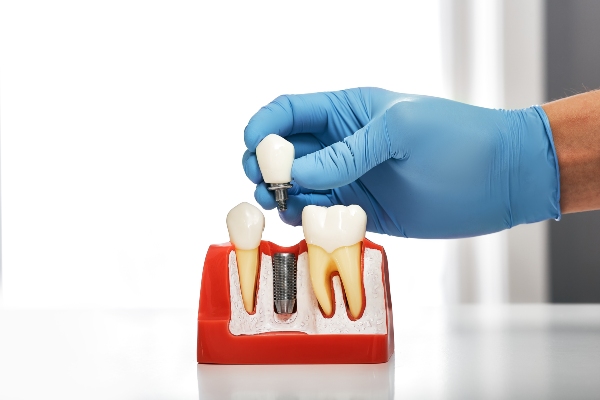Oral Hygiene FAQ: What Is Dental Tartar?

Oral hygiene is important because dental tartar is not fun! Luckily, good health is! Why is a healthy mouth good for the body? Quite simply, oral hygiene prevents tooth decay, gum diseases and helps prevent bad breath. If our oral health is not taken care of we could lose our teeth, especially as we grow older.
What is dental tartar and how is tartar formed?
Tartar is rough and porous and has a yellow or brown color. Teeth tartar is also known as dental calculus, which forms below and above the gum line. Tartar is a deposit on the teeth that trap stains which then, in turn, cause the discoloration. Certain foods can cause stains, such as blueberries, coffee and other deep rich in color foods.
Here's the deal:
Plaque and bacteria — which can damage tooth enamel and form cavities — can become problematic to remove if tartar formation is present. As we age, many of these deposits build up faster. Plaque also carries bacteria, damaging the enamel on the tooth. If this stays on the teeth it hardens into tartar, which needs to be removed.
The removing of tartar process is called scaling. Specialized instruments are used to remove the tartar, which the dentist is well-trained in using.
Unfortunately, tooth-brushing twice a day will not remove plaque or prevent tartar, but using oral hygiene with dental floss will help remove plaque between teeth and keep the tartar away. Once tartar forms, the dentist or hygienist is the only real option to clean it all out. But how often should a patient go in for a tartar cleaning? Depending on the patient, it could be wise to schedule a visit at least twice a year, or more often upon the dentist's evaluation.
Taming Plaque
Here are a few great tips to both understand and fight tartar better:
- Gently brushing your teeth and gums twice a day lines will keep bacteria away
- Using dental floss once a day will help fight tartar build-up
- Regular dental checkups and teeth cleaning
- A balanced diet by eating healthy
- Being a non-smoker or commit to stopping smoking
- Stay away from staining foods
- Use a tartar control mouthwash daily
As mentioned above plaque is a big factor in tartar
Removing the sticky film on a regular basis helps permanent gum disease. Gum disease could get into a person's bloodstream, turning into an infection of the gum tissue itself and even the bones surrounding the teeth. Periodontal disease is on the rise and is an increasing health risk. A professional treatment is, of course, recommended to treat the disease.
Once tartar builds up on the teeth, it makes a yellow discoloration and causes bad breath. Once this happens, it can be difficult to easily remove the tartar.
Tartar doesn't have to be a permanent condition
There is so much to smile about, so keep smiling! Improve your overall dental health, your sense of confidence, and the way you look in the mirror by keeping tartar away.
For more information or to schedule an appointment with Rivers Family Dentistry, request an appointment in our Bryan office here: http://www.riversdentistry.com. Or call us at (979) 710-2216.
Check out what others are saying about our services on Yelp: Read our Yelp reviews.
Related Posts
Clear braces and aligners are discreet, effective orthodontic treatments. However, they take different approaches, resulting in different patient experiences. Clear braces use frosted wires and ceramic brackets that remain fixed to the teeth, while clear aligners are removable trays worn throughout the day. These differences impact everything from aesthetics and comfort to your daily routine,…
Dental implants may be the answer if you are looking for a long-lasting alternative to dentures. Whether one, a few, or all the teeth are missing, an implant dentist can restore your smile. This blog will explore what to ask an implant dentist before getting implants.Traditional dentures are a great option for people who are…
Seeing your family dentist for regular dental exams can maintain your oral health for many years. Bringing your family with you can extend this benefit to them. Understanding why you must set dental checkups will enable you to maintain a healthy smile for years. Here are the reasons to see your family dentist for regular…
If you have lost one or more of your teeth, talking to an implant dentist might provide the tooth replacement solution you are looking for. Dental implants are one of the most popular ways to replace missing teeth. Whether you are missing one tooth or all of your teeth, chances are there is an implant…


